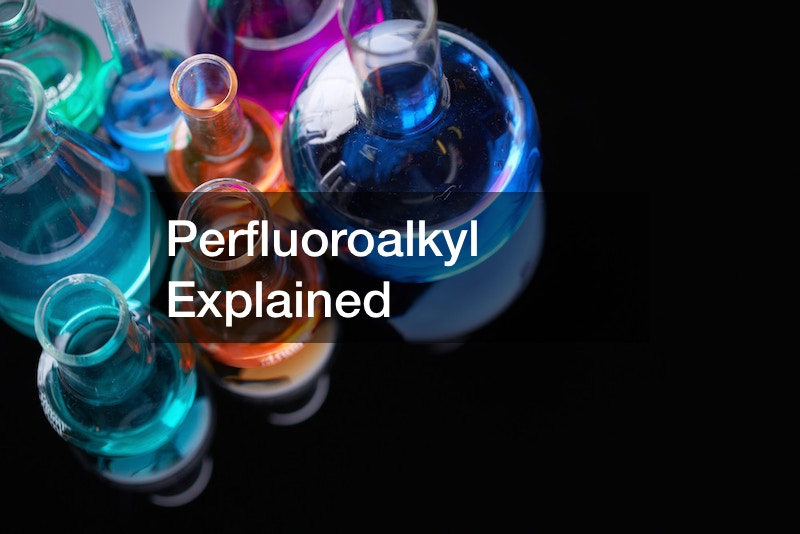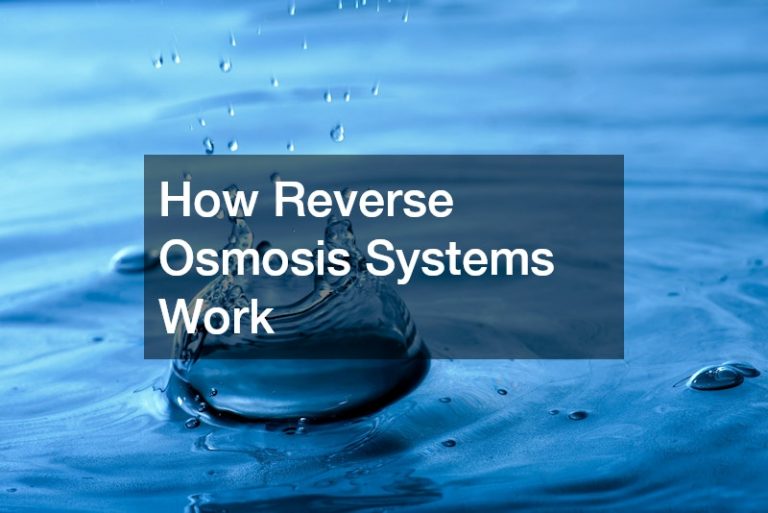

Perfluoroalkyl substances (PFAS) are a group of synthetic chemicals that have gained attention due to their widespread presence in the environment and potential health implications. These compounds are characterized by a chain of carbon atoms bonded to fluorine atoms, resulting in a highly stable and water-resistant structure. This stability has led to their use in a variety of industrial and consumer applications, including waterproofing, non-stick coatings, and fire-resistant foams.
PFAS has become a concern because of its persistence in the environment. Their strong chemical bonds make them resistant to natural degradation processes, leading to their accumulation in soil, water, and even in organisms. Research has indicated that certain PFAS can have adverse health effects, with associations with various conditions such as cancer, hormonal disruption, and developmental issues. As a result, regulatory measures have been introduced to restrict the use of specific PFAS and to address their contamination in drinking water and food sources.
Efforts are underway to understand the scope of PFAS contamination, develop effective remediation methods, and explore safer alternatives for their various applications. As scientific understanding of the risks and impacts of PFAS continues to evolve, a balance must be struck between the benefits of their unique properties and the potential harm they pose to both ecosystems and human health.
.




